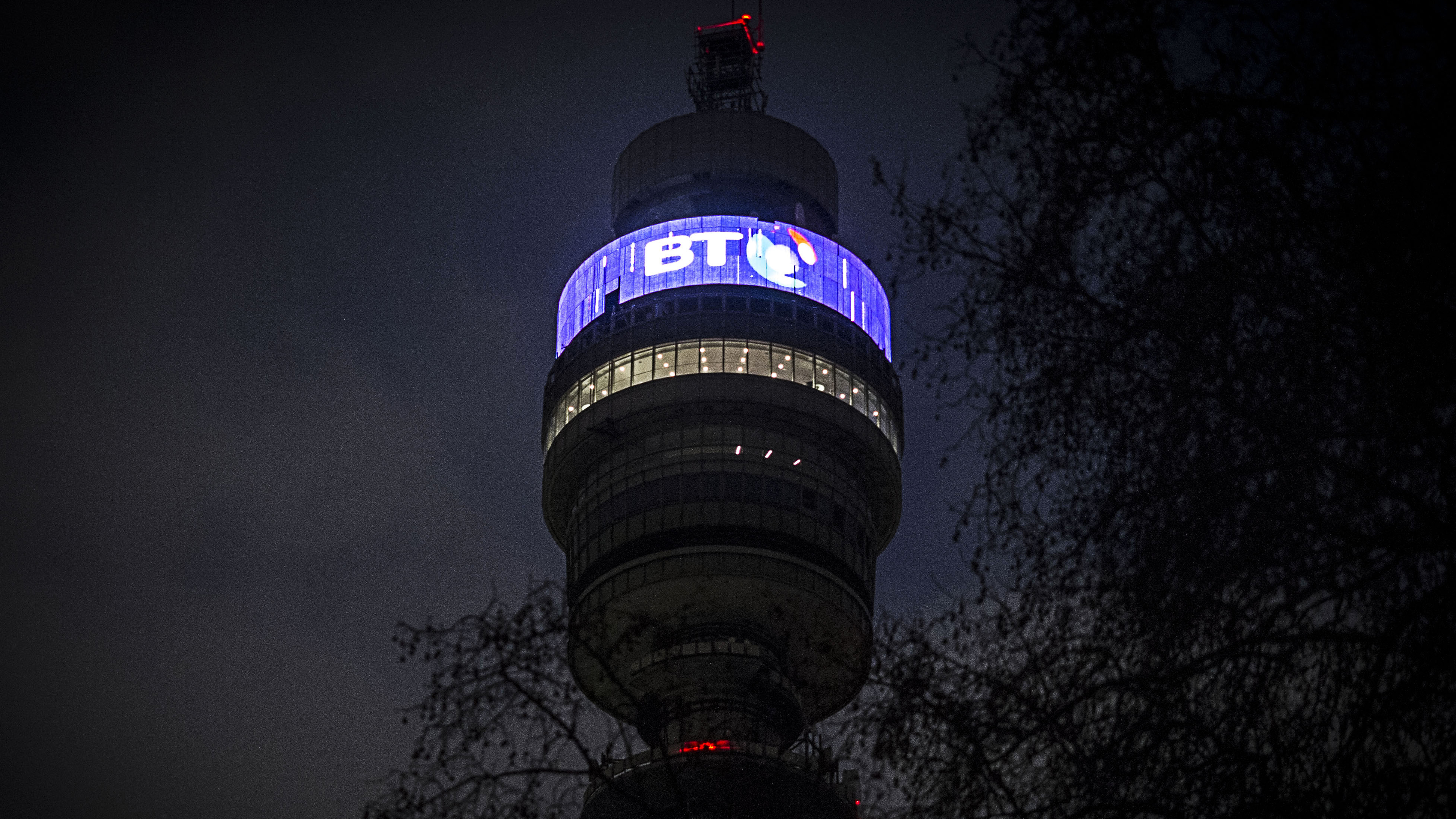BT splits with Openreach, and broadband users could be the winners
End result will hopefully benefit ISPs and consumers alike

Following pressure from Ofcom which has been applied for quite some time now, BT has announced the separation of its Openreach broadband networking arm.
Openreach will become a legally separate company with its own board, staff and management, along with distinct branding (minus the BT logo). However, it will still remain within the BT group (in other words, it’s not being spun off completely).
Essentially, BT has voluntarily agreed to Ofcom’s previous formal notification asking for such a split in order to ensure a level playing field for all ISPs when it comes to broadband infrastructure, and more specifically, to make sure BT can’t lean towards its own interests when it comes to Openreach’s decisions and policies.
The end result should hopefully benefit not just broadband providers, but ultimately consumers as well in terms of a more competitive pricing arena.
Around 32,000 staff members will transfer over to the new Openreach Limited company, with the process due to start this year according to Ofcom.
Independence Day
Ofcom noted that “The new Openreach will have the greatest degree of independence from BT Group possible without incurring the delays and disruption – to industry, consumers and investment plans – associated with structural separation or the sell-off of Openreach to new shareholders.”
The CEO of Openreach Limited will report to the new firm’s chairman, but will still be accountable to BT Group’s chief executive regarding “certain legal and fiduciary duties”, as BT puts it.
Are you a pro? Subscribe to our newsletter
Sign up to the TechRadar Pro newsletter to get all the top news, opinion, features and guidance your business needs to succeed!
BT Group will set the overall budget for Openreach, although the company will have its own strategy and operating plans going forward.
Richard Neudegg, head of regulation at uSwitch.com, commented on the matter: “This is not the full structural separation many of BT's retail rivals – including providers served by Openreach's network – have campaigned hard for. What it does is offer a middle ground that gives Openreach independence, while still being owned by BT.”
Neudegg further urged the industry to draw a line under the matter now, and to “focus on actually delivering the better service everyone wants to see”.
He added: “Most consumers won't be bothered whether or not 'a BT Group business' is written on the side of Openreach vans, what matters is the UK's digital infrastructure actually getting better in practice.”
Full fibre
Andrew Ferguson, editor of Thinkbroadband.com, also chipped in, hoping that the move will result in a faster rollout of full fibre connectivity (FTTP or fibre-to-the-premises, i.e. directly piped to the home or office in question, and not via a street cabinet).
Ferguson said: “The message is clear, 2017 is the time to start the hard work and push on with delivering full fibre. What many don’t realise is the fibre-to-the-cabinet service that started to deploy in 2009 was always built with the fibre network ready to support fibre-to-the-premises at a future date.
“So rather than having fibre in just 5,500 exchanges, Openreach today has fibre ready to some 81,000 locations and just needs the workers, budget and ambition to start pushing this out from those points to millions of homes.”
- These are the best consumer broadband and business broadband deals
Darren is a freelancer writing news and features for TechRadar (and occasionally T3) across a broad range of computing topics including CPUs, GPUs, various other hardware, VPNs, antivirus and more. He has written about tech for the best part of three decades, and writes books in his spare time (his debut novel - 'I Know What You Did Last Supper' - was published by Hachette UK in 2013).